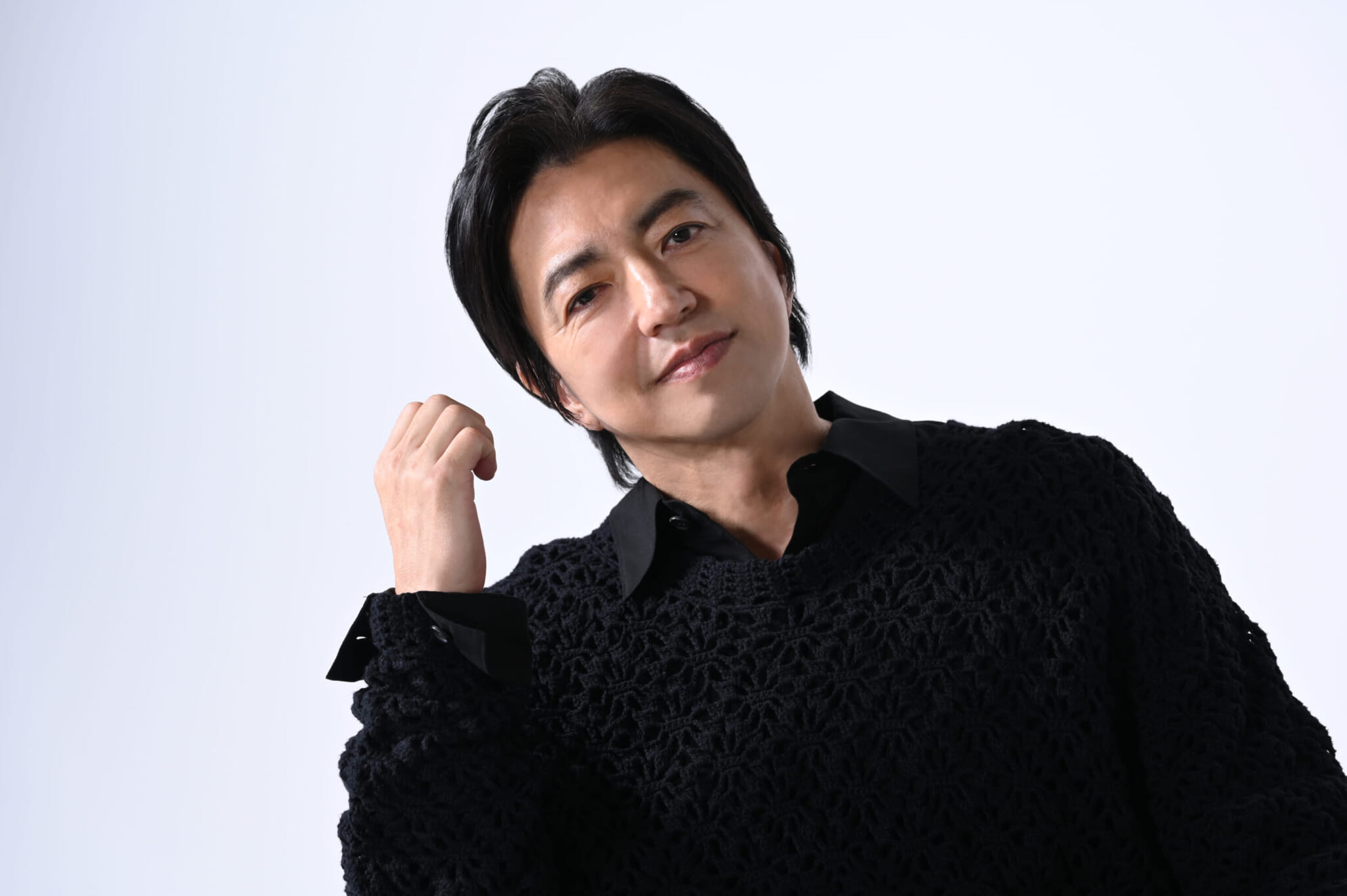One of Japan’s most popular leading men, Takao Osawa is probably best known in this country for his starring role as Jin Minakata in the multiple award-winning drama series Jin and his portrayal of Wang Qi in the hugely successful Kingdom franchise. An actor known to be selective when it comes to taking on projects, he admits that his latest part in the Prime Video drama series The Silent Service Season One — The Battle of Tokyo Bay is one of his most challenging to date. He plays Shiro Kaieda, a maverick captain who, along with fellow Maritime Self-Defense Force members, fakes his death at sea to take control of the Seabat, a nuclear submarine that’s been developed in secret by the US and Japan. He then goes rogue and declares the vessel a sovereign state named Yamato.
Produced by Amazon MGM Studios, it was released as a stand-alone movie by Toho last September titled The Silent Service. The nautical tale is now expanding into an eight-episode series consisting of the movie itself, parts not shown in theaters and the story afterward. Premiering on Prime Video in February of this year, it’s based on Kaiji Kawaguchi’s manga — titled Chinmoku no Kantai in Japanese — that ran between 1988 and 1996. The 32-volume series, which has sold more than 32 million copies in total, was considered by many to be too big and nuanced for a motion picture adaptation, especially in a country like Japan where budgets can be limited. Osawa, though, believed it was a challenge worth pursuing and decided to take on producing responsibilities as well as playing the starring role.
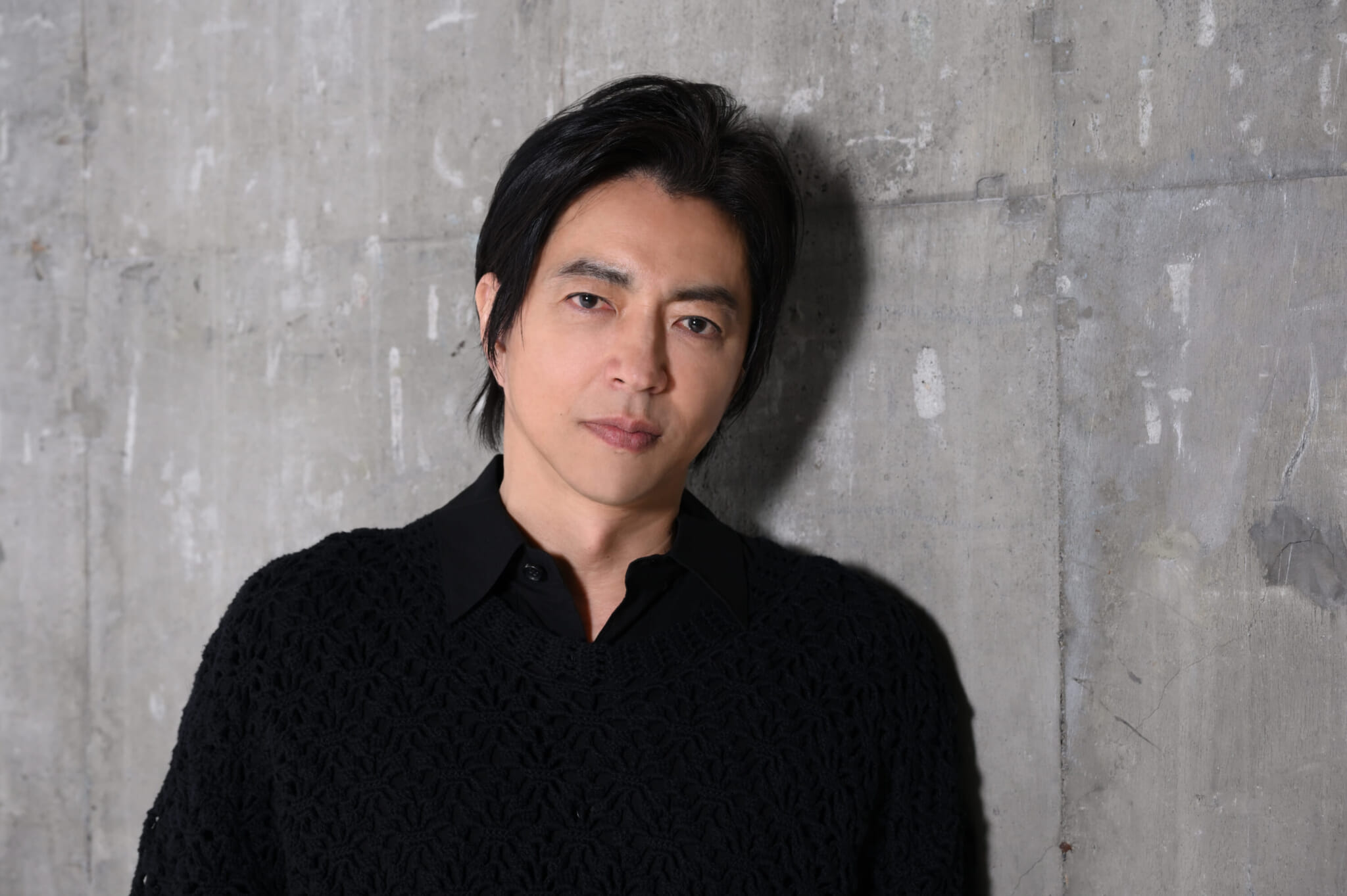
Global Tensions
“The movie sets the scene, and then the series goes in deeper,” says Osawa, who began discussing the possibility of adapting Kawaguchi’s manga for the silver screen with renowned producer Shinzo Matsuhashi a few years ago. “It’s a tale with a political edge that delves into the complexities of international relations amid the threat of nuclear weapons.
“The manga, which I originally read when it came out, was set during the Cold War, but I felt this was a good time to share it with the world. Even though we set the wheels in motion before the war in Ukraine, you could feel tensions were growing around the globe before that. The situation in China and Taiwan, for instance, has been escalating for a while, and that’s on Japan’s doorstep. I felt a story like The Silent Service, though fictional, could get people talking about the state of the world.”
Osawa continues, “To get it made, though, there were several hurdles we had to overcome. The first was funding. The scale was just too big for a typical Japanese production. Thankfully, Amazon Studios loved the idea and was prepared to take it on. Another issue was the sensitive subject matter. Because of our history, any discussions regarding nuclear weapons are usually considered taboo in Japan, so we had to approach things in a delicate way. And it was essential to get approval from the Ministry of Defense. Without that, we couldn’t move forward with the idea. Approaching the ministry, myself, I was anxious about the response. It was then a real relief and a delight to get a positive reaction. The people I talked to could see the value of a production like this, which I appreciated.”
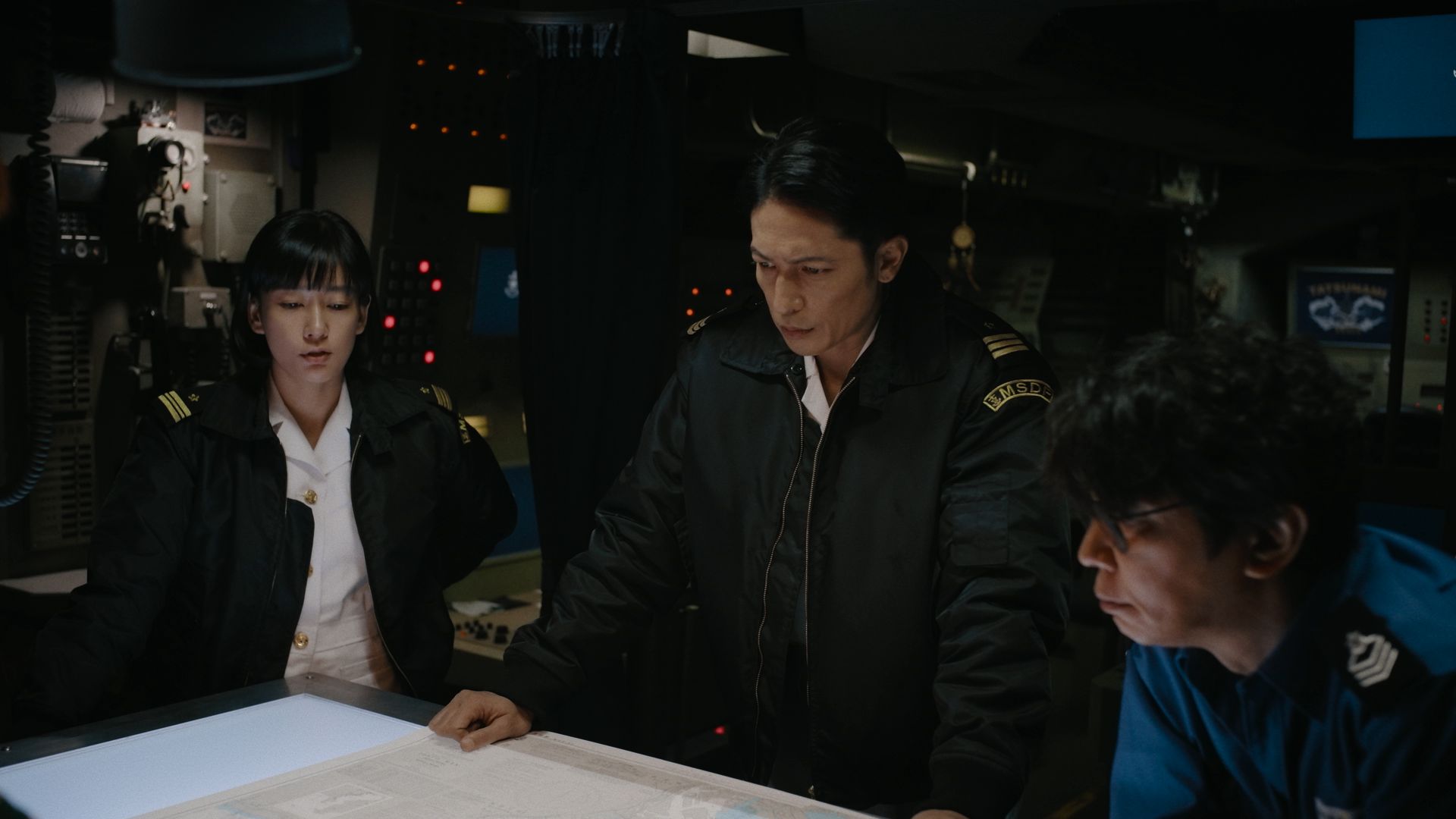
Extra Responsibility
Listening to Osawa speak about this project, you can hear the passion in his voice. While he always prepares meticulously for every role he takes on, as a producer, the responsibility was even greater this time. In addition to finding investors and arranging the meeting with the Ministry of Defense, he was also the one who sat down with Kawaguchi to convince him it was the right time to retell the story.
To gain a better understanding of what it takes to be a member of the Maritime Self-Defense Force, Osawa visited the National Defense Academy of Japan, a four-year university-level institute that educates and trains future officers of the three military branches of the Japan Self-Defense Forces. After closely watching their movements, he then spent some time on a real submarine, fighting a bit of “claustrophobia” inside him.
Most of Osawa’s scenes take place on the submarine’s narrow and dark command post. The director, Kohei Yoshino, asked him to show restraint when moving around, and he was also restrained when it came to expressing emotions. An imposing and logical figure who stays calm under pressure, it can be difficult, at times, to gauge what Kaieda is thinking. Rereading the story, Osawa says the excitement of the manga hadn’t faded at all. He took a long time to go through it, “analyzing the lead character” while also “considering his motives for becoming a terrorist and pinpointing the central message of Kawaguchi’s series.” The mangaka was said to have been very impressed with his performance, reportedly stating, “Kaieda was here,” after watching it.
“I think he was just being nice,” Osawa says, laughing. “Initially, I was worried about how I should develop the character because in the manga, Kaieda’s a good, sincere person, and that’s something Kawaguchi wasn’t prepared to compromise on. I think at that time, things tended to be black or white with heroes versus villains. In today’s world, though, not all heroes are perfect characters. I intentionally tried to turn Kaieda into a Joker or Dark Knight-type figure. There’s an edge to him, but you can understand where he’s coming from. I didn’t tell the author about the approach I was going to take, so I was concerned about how he would react. I then saw Kawaguchi outside the movie room with a smile on his face. That was a relief.”
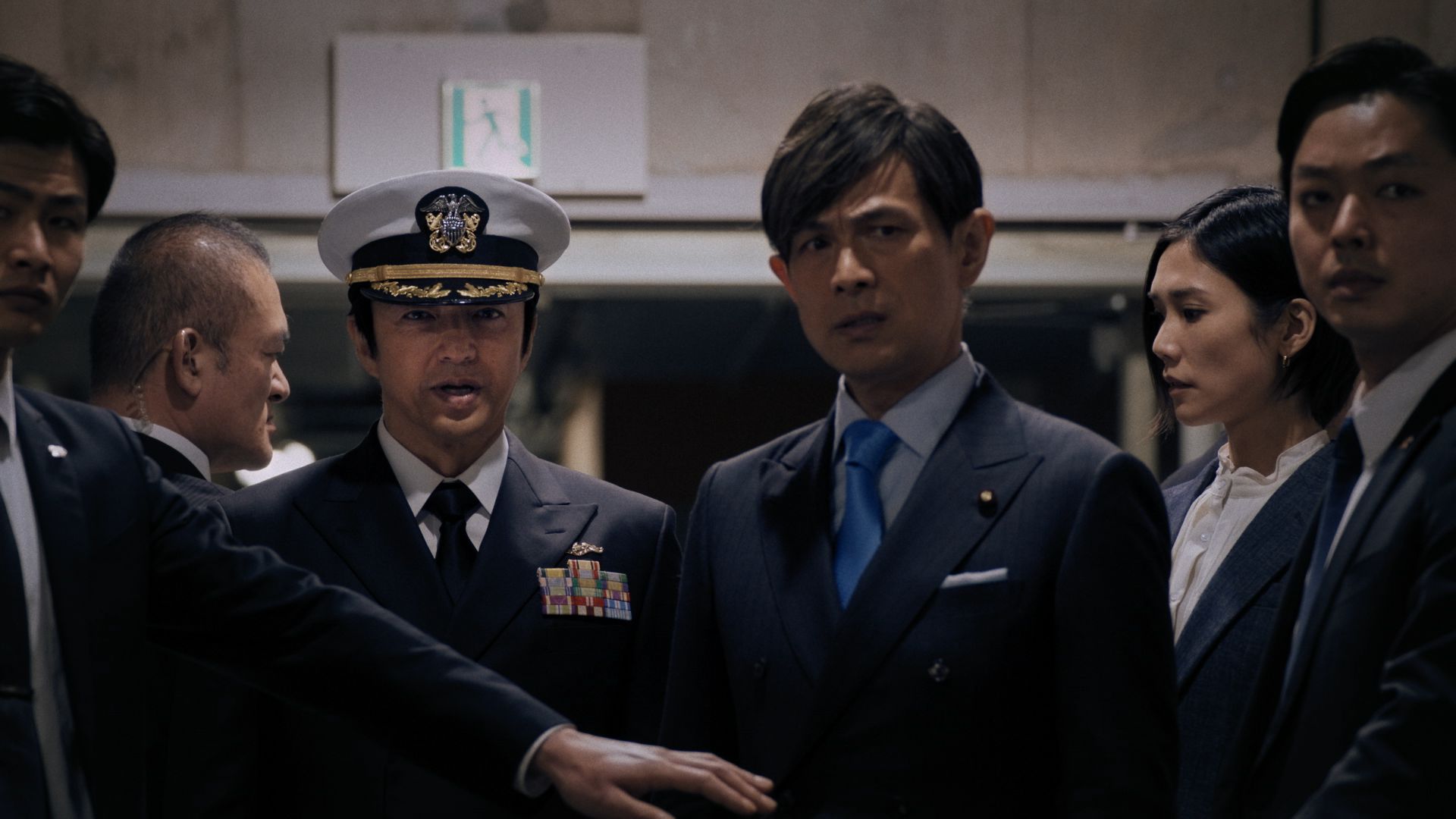
From Modeling to Acting
Osawa was a university student and part-time fashion model when Kawaguchi’s manga debuted in 1988. His career as an actor began six years later, and he soon made a name for himself with a starring role in the smash-hit series Heaven’s Coin in 1995. He went on to feature in several high-profile movies and television programs, including Shunji Iwai’s cult classic All About Lily Chou-Chou (2001), Izuru Narushima’s nuclear thriller Midnight Eagle (2007), the hugely popular time slip drama Jin (2009 and 2011) and Takashi Miike’s Palme d’Or-nominated spy thriller Shield of Straw (2013). He also provided the voice of the Wolf Man in Mamoru Hosoda’s critically acclaimed animated dramatic film Wolf Children (2012). After taking a two-year hiatus from acting in 2016, he then returned and played Kralahome in a West End revival of Rodgers and Hammerstein’s musical The King and I in 2018.
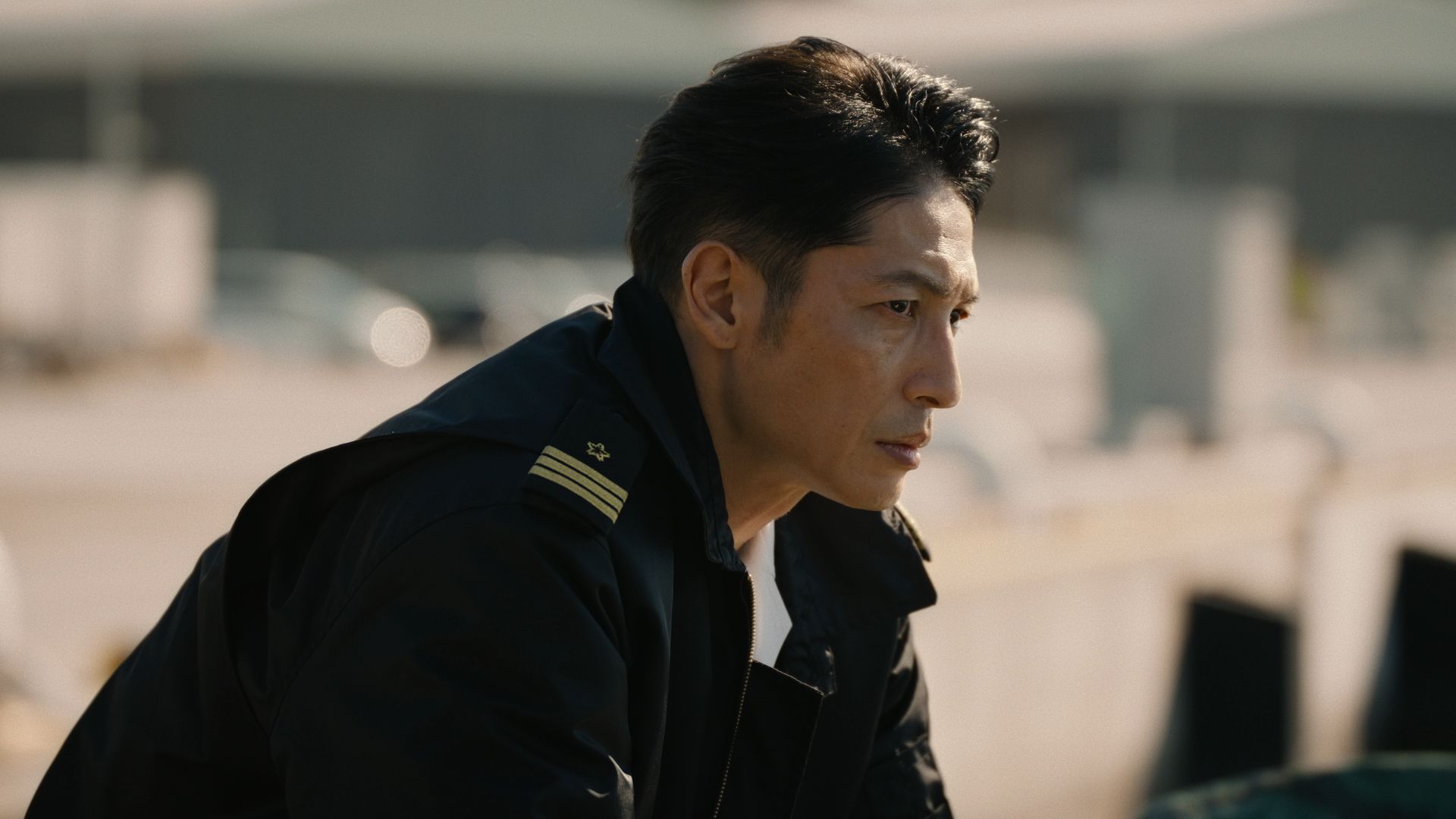
The following year, Osawa was chosen to play Wang Qi in Shinsuke Sato’s film Kingdom, a live-action adaptation of Yasuhisa Hara’s fictional manga of the same name that’s set during the Warring States period of ancient China. He reprised the role, which sees him portray a skilled leader based on the real-life general Wang Yi, in Kingdom 2: Far and Away (2022) and Kingdom: The Flame of Destiny (2023), and he’ll do so again for the fourth installment, Kingdom 4: Return of the Great General.
“It’s slated to be released in July 2024 and will continue with the Battle of Bayou arc,” says Osawa. “I’m looking forward to the reaction from audiences for that film and The Silent Service. I really enjoyed making both and am proud to have been part of the two productions.”
More Info
Keep up to date on Takao Osawa’s latest projects at osawatakao.jp.

